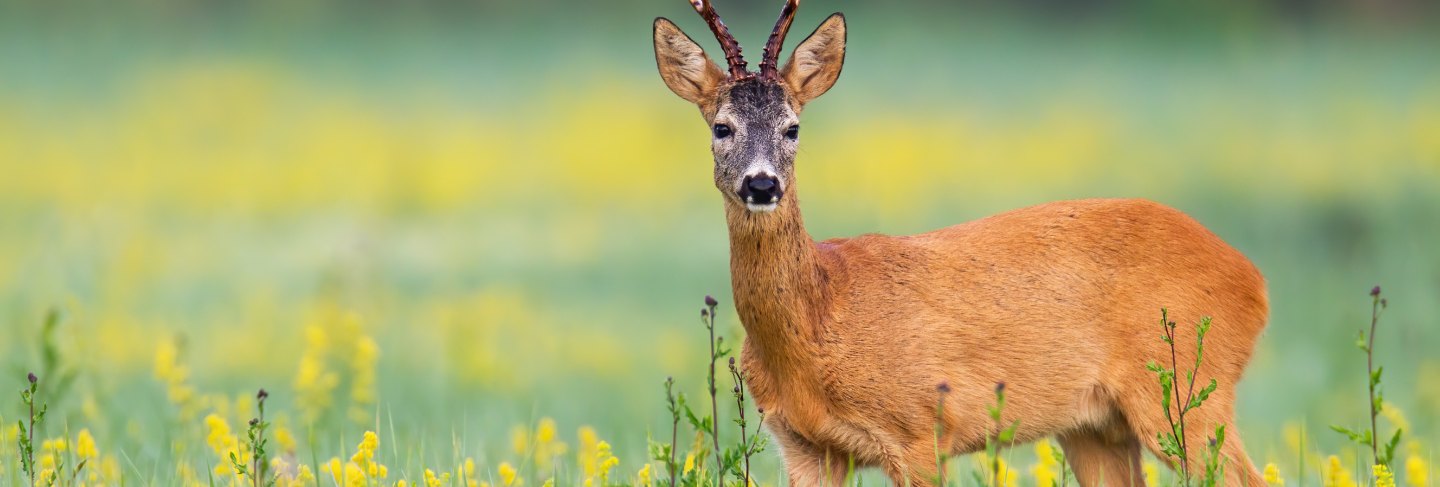Kenya Visa Policy – A Passenger Need to Know
By support@click2visas.com
5 years
IMMIGRATION AND VISAS
Kenya visa policy Passport Requirements
All travelers need a passport, with the exception of the following:
1. Travelers with ‘Kinderausweis’ a German identification document given to children aged less than 16 years old; the document should include a picture of the infant.
2. Travelers with a ‘Laissez-Passer’ given by the United Nations provided they are commuting on duty.
3. Travelers with certificates that have been given to refugees and people without citizenship or nationality.

The Validity of Documents:
Based on Kenya visa policy rules, Passports must be valid for at least the length of the planned visit.
a. With passports valid on arrival, citizens of Kenya can enter.
b. With travel documents valid on arrival, residents of Kenya can enter.
Kenya Visa policy rules for Minors:
Children below the age of 16 and traveling alone must have:
- A passport of their own if they are residents of Kenya;
- Their own passport or alternative passports, if they are citizens of any other country, are provided by their government.
Issuance of Visa based on Kenya visa policy
1. until arrival: Visitors are kindly requested to contact Kenya’s nearest representative.
2. Upon arrival: a visa will be issued if necessary, against an entry visa fee of USD 50 and a transit visa fee of USD 20 to travelers of any nationality staying for a period not exceeding three months;
However, it may take some time to complete the proceedings. The payments are payable in EUR or GBP or the equivalent thereof. However, this facility does not extend to:
- Travelers with documents issued to refugees and individuals without citizenship or nationality;
- Citizens of Armenia, Azerbaijan, Cameroon, Afghanistan, Iraq, Jordan, Democratic People’s Republic of Korea, Lebanon, Nigeria, Senegal, Somalia, Mali, Syria, and Tajikistan must obtain a visa prior to arrival.
Exemptions from Visa based on Kenya visa policy
A visa must be carried by all travelers except for the following:
- Kenya’s citizens.
- Citizens of Bangladesh, Belize, Botswana, Bahamas, Brunei, Eritrea, Ethiopia, Gambia, Ghana, Grenada, Jamaica, Kiribati, Fiji, Lesotho, Malawi, Maldives, Mauritius, Namibia, Nauru
- Papua new guinea, Samoa, San Marino, Seychelles, Sierra Leone, Singapore, Solomon Is, South Africa, St. Kitts and Nevis, St. Lucia, St. Vincent & the Grenadines, Swaziland, Tanzania, Tonga, Trinidad and Tobago, Turkey, Tuvalu, Uganda, Uruguay, Vanuatu, Zambia, and Zimbabwe staying for no more than three months.
- Malaysian people remain for no more than 30 days.
- Travelers who fly on duty with a ‘Laissez-Passer’ given by the United Nations.
- Travelers with a re-entry permit provided by Kenya or a resident’s certificate.
TWOV (Transit without Visa):
For travelers continuing their onward or return journey, TWOV is allowed provided that they have confirmed tickets for onward or return and valid entry documents for their next destination. There is no hotel accommodation at the airport, and passengers are not permitted to leave the airport.
Additional Details:
For their stay (at least USD 500), return or onward tickets, and all required documents for their next journey, travelers must have enough money.
Customs and Foreign Exchange:
Regulations for importation:
1. Travelers aged 16 years or older are free to import:
- Half a pound, 50 cigars or 200 cigarettes of tobacco;
- One tub of alcoholic beverages;
- A single pint of perfume.
2. Prohibited items include fruits; imitation weapons, and toy guns for children; meat and its ingredients; and any ingredients that need to be declared and destroyed made from domestic or wild poultry.
Regulations on exports:
1. Travelers are permitted to free export of a moderate amount of tobacco products and alcoholic beverages. An export permit is required for skin or game trophies.
2. Gold and diamonds, as well as skin or game trophies that are not collected from approved personnel of the Government of Kenya, are prohibited items.
Customs controls on crew members:
For crew members, the same rules apply to regular travelers.
Pets:
Cats and dogs must be accompanied by a good health medical certificate and a rabies vaccine certificate issued in their home country. Rabies vaccination must be less than one year and more than one month at least before arrival.
Prohibited Pets:
Unless they are transported as cargo, importing all live animals is banned until further notice. In addition, imports of domestic and wild birds and their products from countries infected by bird flu are banned unless they are preceded by a sanitary import authorization provided by the Director of the Veterinary Service.
Regulations on Baggage Clearance:
The baggage of a traveler should be cleared at the first airport of entry in Kenya.
Baggage for transit passengers whose destination is outside Kenya: when switching from a domestic flight to an international flight, baggage at the first domestic airport should be cleared as long as the passengers do not land in Kenya again. Otherwise, as passengers check-in for an international flight, luggage at the transfer airport will be cleared again.
Charge on Airports:
On their departure from the airport, travelers are not allowed to pay any airport fees.
Regulations on Currency Imports:
Residents:
To cover expenses upon return to Kenya, travelers are permitted to import up to KES 500,000 (Kenya Shilling-KES). Yet, there are no limits on foreign currency imports.
Non-Residents:
There are no limits on local and foreign currency exports. However, as far as amounts equal to or exceeding USD 5,000 are concerned, residents and non-residents must provide the documentation required to show the source and intent of such amounts.
Regulations on Currency Exports:
Residents:
To covered expenses upon return to Kenya, travelers are permitted to export up to KES 500,000 (Kenya Shilling-KES). Yet, there are no limits on foreign currency exports.
Non-Residents:
There are no limits on local and foreign currency exports. However, as far as amounts equal to or exceeding USD 5,000 are concerned, residents and non-residents must provide the documentation required to show the source and intent of such amounts.
Regulations on Arms and Ammunition:
A police permit is required to import firearms and ammunition.
Wild Flora and Fauna:
Before shipping, all travelers intending to import plants or any plant materials must obtain a plant import permit from Kenya, except for the purpose of importing them. An offense is committed and can be charged by travelers who do not comply with the plant security rule.
Additional Information:
Kenya is one of the members of the Convention on International Trade in Endangered Species (CITES) Treaty.
What are the Kenya visas you can apply with Click2Visas?
Apply Business E-visa Single Entry to Kenya
Business E-Visa Single Entry is a non-immigrant visa issued for travelers planning to take part in business-related activities in Kenya for a short period of time. Mostly, no paid activities are permitted.
Apply Tourist E-Visa Single Entry to Kenya
Tourist E-Visa Single Entry is a short stay visa that permits the holder to enter Kenya for tourist and leisure purposes only and stay for an approved period of time.
Apply Transit E-Visa to Kenya
Travelers might indeed necessitate Transit E-Visa to pass through Kenya which is not their preferred destination. Transit E-Visa are typically needed if you have a layover of more than a few hours in Kenya.




